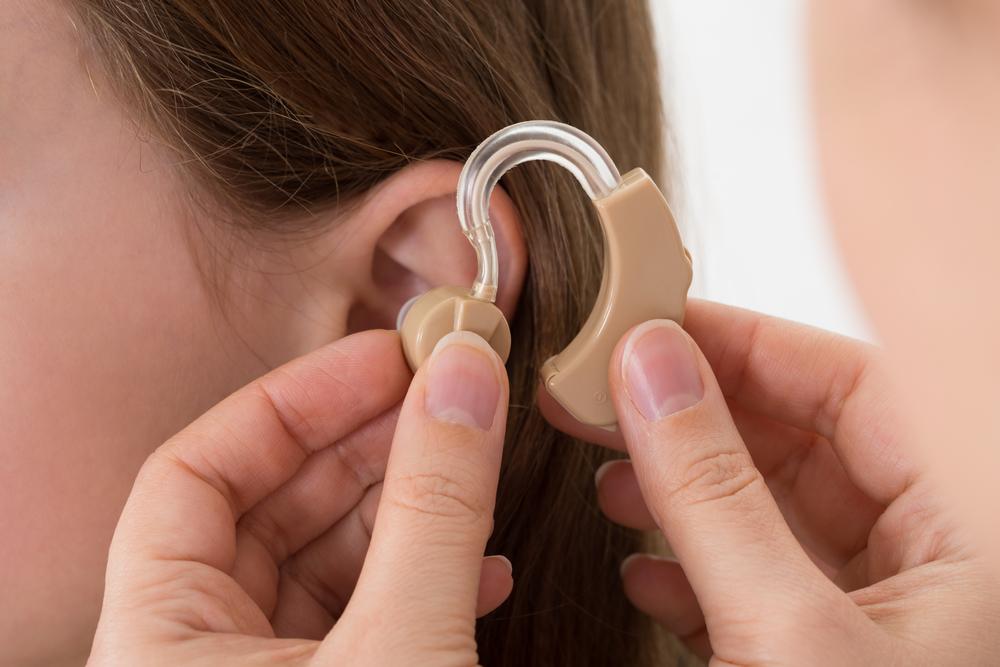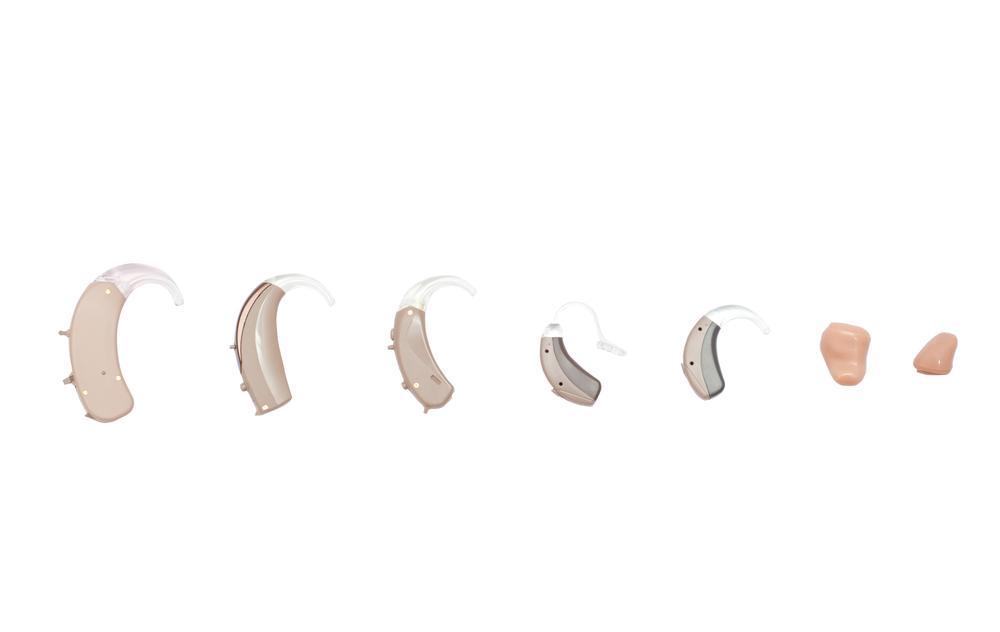Guide to Buying Hearing Aids from Certified Audiologists
Learn what to expect when purchasing hearing aids from a qualified audiologist. This guide covers the consultation process, ear examination, device demonstration, and costs involved, helping you make an informed decision for better hearing health.
Sponsored

Dealing with hearing impairment at any level can be quite difficult and even risky, especially when it involves missing important sounds like sirens, phone rings, or alarms. Hearing aids have proven to be invaluable in these situations.
Contemporary hearing devices feature a microphone, amplifier, and speaker, working together to boost incoming sound waves in the ear. Though they don't fully restore hearing, they significantly improve auditory awareness. Hearing loss can affect all ages, so if you notice issues, consult an audiologist for accurate diagnosis and proper device fitting—don't attempt to buy online without professional guidance.
During your appointment with a hearing specialist, expect a few key steps:
Friendly reception: You’ll be welcomed warmly, and may need to fill out forms to protect your privacy and understand your rights as a patient.
Ear and health assessment: The audiologist will inquire about your ear health and hearing history, taking detailed notes to understand your specific situation.
Examination and results review: An in-depth ear inspection combined with hearing tests will determine the severity and type of loss. Feel free to ask questions to clarify your diagnosis.
Hearing aid demonstration: Using advanced technology, the professional will show how different hearing aids function, often simulating real-world noisy settings like restaurants or traffic.
Device suggestions and pricing: Based on your test results, tailored recommendations will be made. Hearing aids vary in price from $700 to $3000, depending on features and performance. The audiologist will explain these options thoroughly, helping you make an informed choice.
Final agreement: Before leaving, you'll review and sign documents covering the selected model, costs, and warranty. While modern devices are more affordable than before, quality remains essential—be cautious of cheaper amplifiers that lack full functionality.
Taking prompt, professional action ensures effective management of hearing concerns and a better quality of life.






